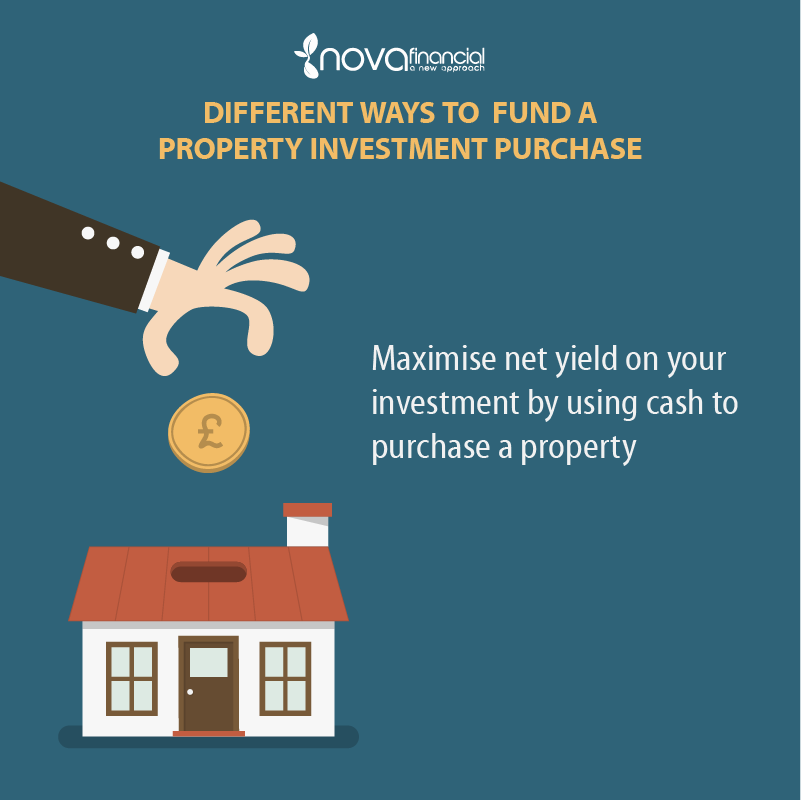Investing in rental property is always an attractive option. The thought of a continuous steady stream of passive income and the security it can provide proves vital to investors. To take advantage of this opportunity, you first need to carry out exhaustive due diligence to assess all the risk factors involved in the market. Identify a particular area you want to target and drive around to see the occupancy rates of property on the ground. Talk to property managers who serve that market to identify key trends that will inform your decision.

Look at the classified rental section of the local papers serving the area to get an idea of whether the market is ideal. If advertisers of rental property are offering rent-free periods as part of the package, it might indicate a soft market with fewer tenants. Investigate how the local weather patterns affect occupancy rates. Do people flock to the area in a particular season and leave during others? Acquire data for the target area to find out which part of town has consistently performed better or at least on par with the long-term average performance metrics.
Study the demographic makeup of the tenants in the area to identify who is renting property there. Knowing whether it is young or old families, singles, etc. who make up the majority of tenants helps you decide on your investment strategy. Analyse projected population data from the local authority to determine if there is an expected future increase in demand. A buy to let property is a long-term investment, and you want to put your money into an area that will only see the need for rental property increase with time. Once you have done adequate research, you are ready to begin investing.
Rental Income and Expenses
For rental property to make financial sense, you need to assess beforehand whether your revenue will exceed your expenses. Compare market rent rates to project your income. Inspect the property to know what you will regularly spend on maintenance, professional fees, etc. Factor in rental insurance and other extraneous costs as well. Once you have exhaustively covered your expenses, tally them up and juxtapose them with the income. You can then determine if the investment in a worthy idea for you or not.
Tax, Legal and Stamp Duty
As a landlord, you will need to budget for legal fees when consulting lawyers to understand your obligations and rights. You will also pay legal fees when preparing a rental agreement. An eviction or dispute with your tenant means more legal fees that you have to budget for.
Tax-related issues are surrounding your rental property you ought to be aware of. You can make several claims for deductions on various expenses related to your rental property, e.g., costs of repairs, fees paid to agents, etc. Certain mortgage payments are also deductible. You also need to find out how to approach stamp duty on the rent your property generates. Consult a tax attorney in your area to find out all the tax implications for you.
Rental Property Mortgage
Buy-to-let mortgages support landlords who need external financing to acquire their property. Many of these mortgages are interest-only meaning that you only pay the interest on the loan every month until the loan term ends. At this point, you repay the principal in full. If you opt for the type of mortgage that lets you pay interest and principle on it per month a mortgage broker can arrange that for you. Note that lenders will give you a buy-to-let mortgage that is 25 to 30 percent lesser than your monthly rental figure.
Conclusion
Rental property as a form of investment is an excellent choice as it provides a steady stream of income in the long-term or for the period you hold the property. The demand for housing is an ever-present one, and if you acquire property that is in excellent condition, you will always have tenants looking to move in. A regular market paired with a predictable revenue stream means that you can more consistently plan for your lifestyle based on the investment. While flipping houses might be tight in a down economy, tenants still need a roof over their heads during such economic lows. You can, therefore, count on absorbing lesser losses than when buying to sell.


